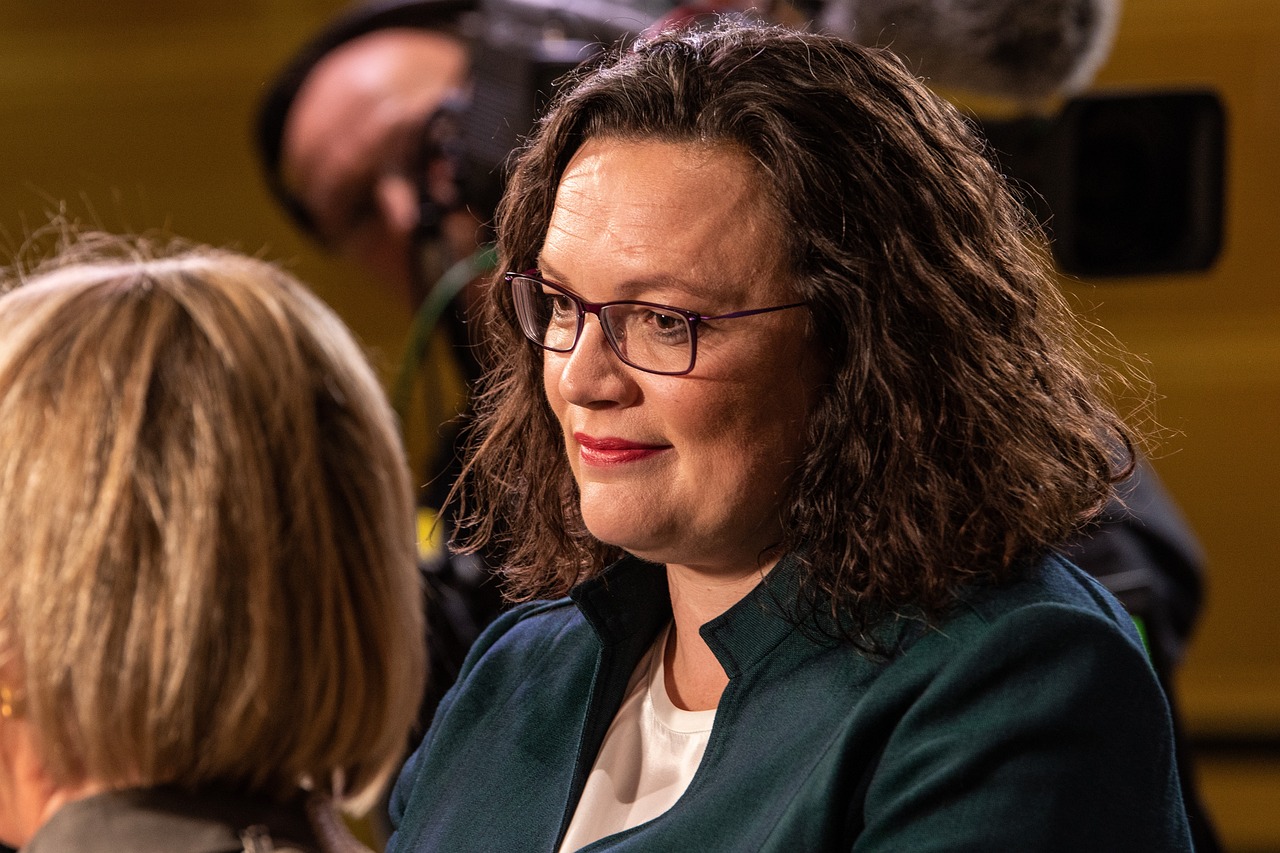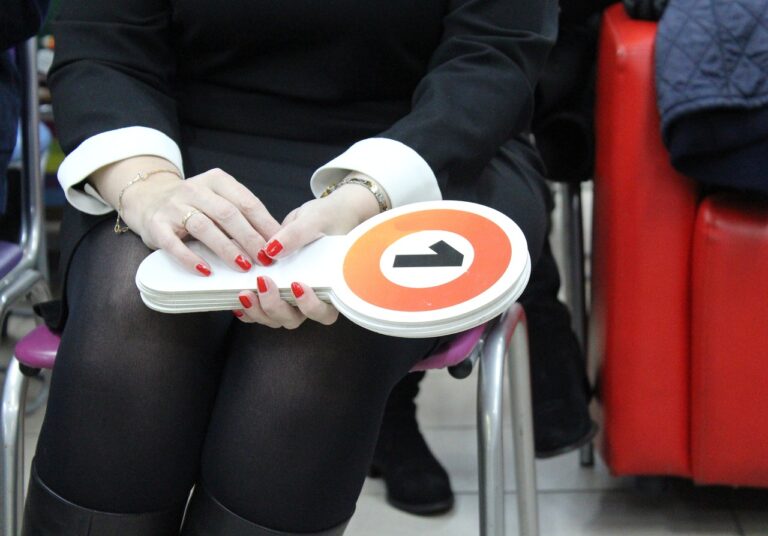Analyzing the Influence of Memes on Political Discourse
Typically consisting of an image or video accompanied by a caption, memes have become a prevalent form of communication in the digital age. With their ability to convey complex ideas in a succinct and engaging manner, memes have gained popularity in the realm of political discourse. Memes have the power to capture the attention of a wide audience, making them a valuable tool for politicians and political parties to convey their messages in a memorable way.
Moreover, memes have the unique ability to go viral quickly, spreading across social media platforms like wildfire. This rapid circulation allows memes to reach individuals who may not typically engage with traditional forms of political communication. As a result, memes have the potential to shape public opinion and influence the way people perceive political issues and candidates.
Memes have become a prevalent form of communication in the digital age
They can convey complex ideas in a succinct and engaging manner
Memes have gained popularity in the realm of political discourse
They capture the attention of a wide audience, making them valuable for politicians
In addition to their ability to reach a broad audience, memes also have the power to create emotional connections with viewers. By using humor, satire, or irony, memes can elicit strong reactions from individuals and evoke feelings that traditional forms of political communication may struggle to achieve. This emotional resonance makes memes an effective tool for shaping public perception and influencing attitudes towards political figures and policies.
Furthermore, memes are easily shareable across various social media platforms, allowing users to participate in spreading political messages with just a click. This user-generated content not only amplifies the reach of memes but also encourages active engagement with political issues among audiences who may otherwise be disinterested or apathetic. As such, memes play a significant role in democratizing political discourse by empowering individuals to contribute their voices to ongoing conversations about governance and society.
Memes create emotional connections with viewers through humor, satire, or irony
They evoke strong reactions and feelings that traditional communication may struggle to achieve
Memes are easily shareable across social media platforms
User-generated content amplifies meme reach and encourages engagement on political issues
The Evolution of Memes in Shaping Public Opinion
Memes have become a prevalent tool in shaping public opinion, especially in the realm of politics. As social media platforms continue to dominate the communication landscape, memes have evolved from mere humorous content to powerful instruments of influence. Their ability to convey messages in a concise and engaging manner has made them an effective means of swaying public sentiment on various political issues.
The visual and humorous nature of memes allows for complex ideas to be simplified and made more accessible to a wider audience. This accessibility is crucial in the realm of public opinion, where capturing attention and driving engagement is key. Memes have the ability to tap into the emotions of individuals, making them a potent tool for not only shaping opinions but also influencing the behaviors of voters.
The Role of Memes in Influencing Voter Behavior
Memes have become a powerful tool in shaping voter behavior, especially in the digital age where social media is a primary source of information for many individuals. These humorous and relatable images or videos spread rapidly online, reaching a wide audience and potentially influencing their perspectives on political candidates and issues. The concise and easily digestible nature of memes allows complex ideas to be distilled into bite-sized content that can sway public opinion in a more engaging and memorable way.
Additionally, memes have the ability to tap into emotions and create a sense of belonging among like-minded individuals, fostering a sense of community and shared values. When voters come across a meme that resonates with their beliefs or mocks an opposing viewpoint, it can solidify their existing opinions and even motivate them to take action, such as voting for a particular candidate. Memes provide a platform for political expression that goes beyond traditional forms of communication, making them a potent force in influencing voter behavior in the modern political landscape.
What are memes?
Memes are humorous images, videos, or text that are shared widely on the internet, often with a satirical or ironic message.
How have memes evolved in political communication?
Memes have become a popular tool for politicians and activists to communicate their messages in a more engaging and shareable way.
Can memes actually influence voter behavior?
Yes, memes have been shown to play a significant role in shaping public opinion and influencing voter behavior, especially among younger demographics.
How do memes impact political discourse?
Memes can simplify complex political issues and spread misinformation, leading to polarized opinions and contributing to the echo chamber effect.
Are there any ethical concerns regarding the use of memes in politics?
Yes, there are concerns about the spread of fake news and manipulation of public opinion through memes, raising questions about the ethical implications of their use in political communication.







